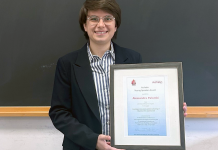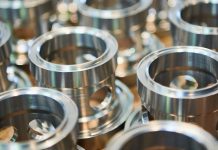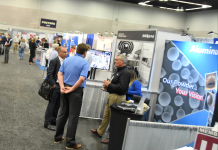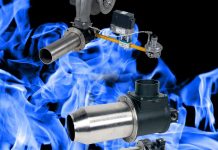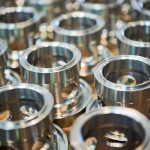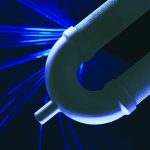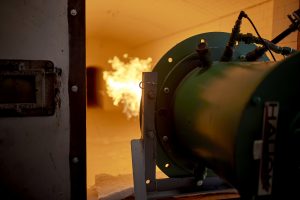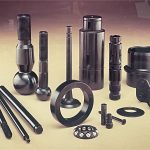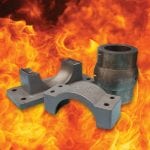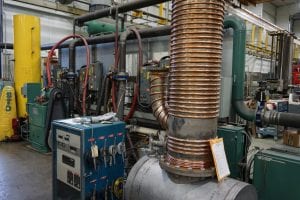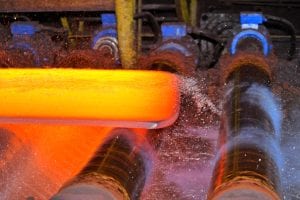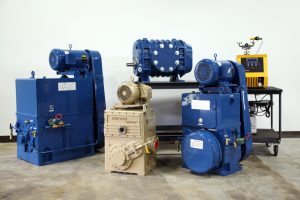It’s important that forging dies and tools used for large presses and hammers are in prime operating condition. But when they’re not, the next step is often to get the tools weld repaired.
The job of ensuring the best weld possible falls to COR-MET, a company that manufactures flux cored wire, TIG rods, and stick electrodes for the forging industry. The company products are designed for weld repair of closed dies, open dies, trim tools, rams, sow blocks, bolsters, and columns. Specialty welding products include flux cored gas-shielded wire, sub-arc wire, stick electrodes, and metal core wire used in robotic applications.
COR-MET manufactures weld wire to improve high temperature and abrasive wear and crack resistance for forge tooling. The weld repair process will include a lower cost 4340 or similar die steel and add an H-12 tool steel weld to the working surface for heat and wear resistance. A basic hard-surfacing operation to improve the number of forged parts compared to the tooling cost.

Forge Shops, Steel Mills, and Foundries
Although COR-MET doesn’t often deal directly with the heat-treat industry, the company’s welding wire is used to repair forging dies and tools that will be sent to a heat treater for nitriding or stress relieving, according to Sales Manager Scott Frasso. Most iron-base weld wire used for die repair will need to be tempered to the desired HRc hardness. A steel mill roll welded with a 420 stainless steel overlay will need to be stress relieved. In addition, a foundry casting made of 4130 will need a similar matching weld wire alloy to heat treat the same as the base metal.
Also, a nickel-base welding wire is used for the manufacturing of high-temperature furnace rolls. This would be alloys, similar to Hastelloy X, that maintain strength, ductility, and oxidation resistance at service temperatures up to 1,800°F for extended periods.
The welding wire that Frasso detailed can be used in a variety of repair scenarios.
“Tools needing repair would be considered metal-to-metal wear applications,” he said. “Some of them are hammers where they’re actually pounding a shape into a steel ingot, or they’re a press application where it’s a little quieter, one slow press, rather than a multiple hammer operation. There are different types of open dies. Some of them are large flat dies. Some of them are ring roller cones that manufacture rings for wind and aerospace applications, and those all need to be weld-repaired. On top of that, they need to repair trimming tools and punches to go along with those parts. Those are the types of products that we manufacture welding wire for at COR-MET INC.”
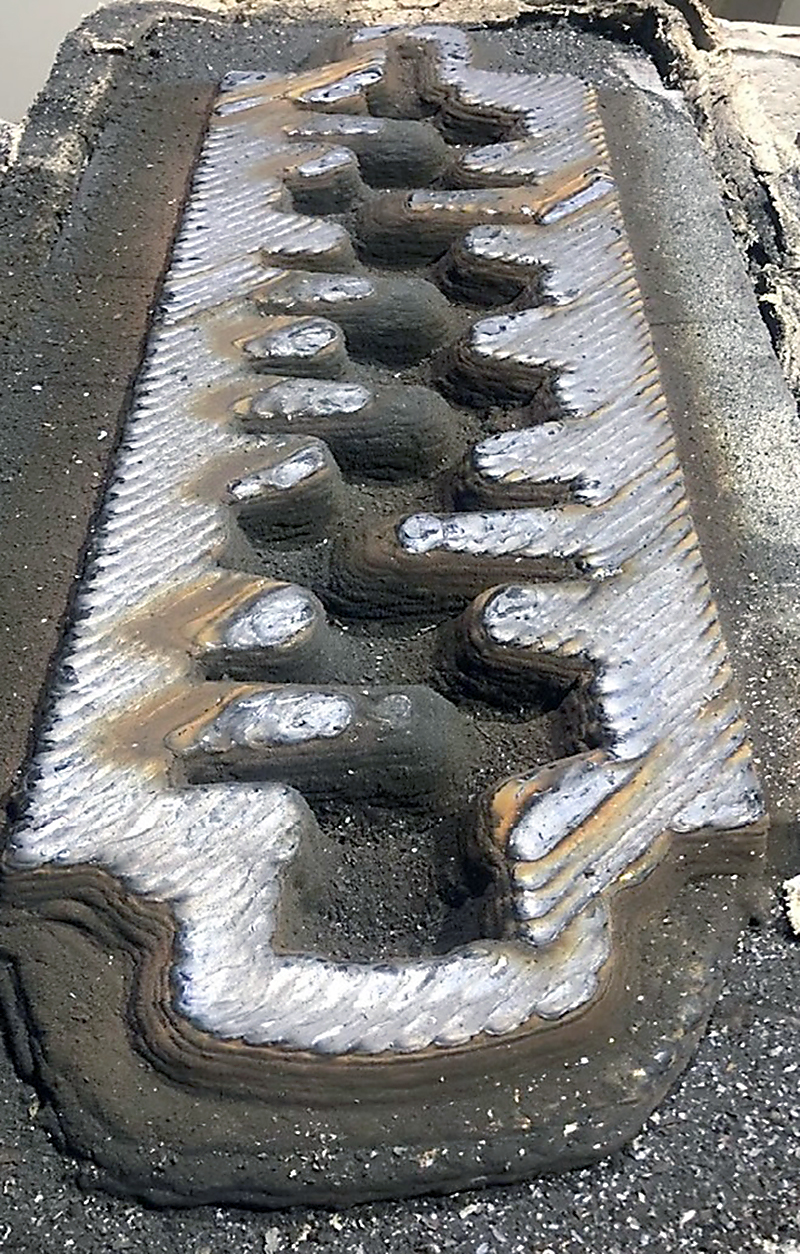
Ensuring the life of the product
A good weld is important to the life of a product, according to Frasso.
“What does it cost to prep, preheat, weld, temper, and machine dies and tools for Forge Shop?” he said. “Welding wire is a big part of this cost. A simple example would be if the tooling cost is $200,000 and you produce 1,000 forged parts, your cost per part is $200. If you forge 2,000 parts, your cost for just the tooling drops by half.”
In addition to the products COR-MET provides, the company also offers other services as well, according to Frasso.
“We provide some welder training,” he said. “We provide R&D work. And we also manufacture some semi-automatic equipment that’s designed to keep the welder, the worker, away from the heat and the smoke while he’s welding.”
A recent addition to COR-MET’s product line is manufacturing weld wire for robotic applications, according to Frasso.
“The Robot product line includes wires for metal-to-metal wear, impacts, and buildup applications,” he said. “The weld wire is a metal core slag free 1/16” diameter wire packaged by a 250-pound drum.”
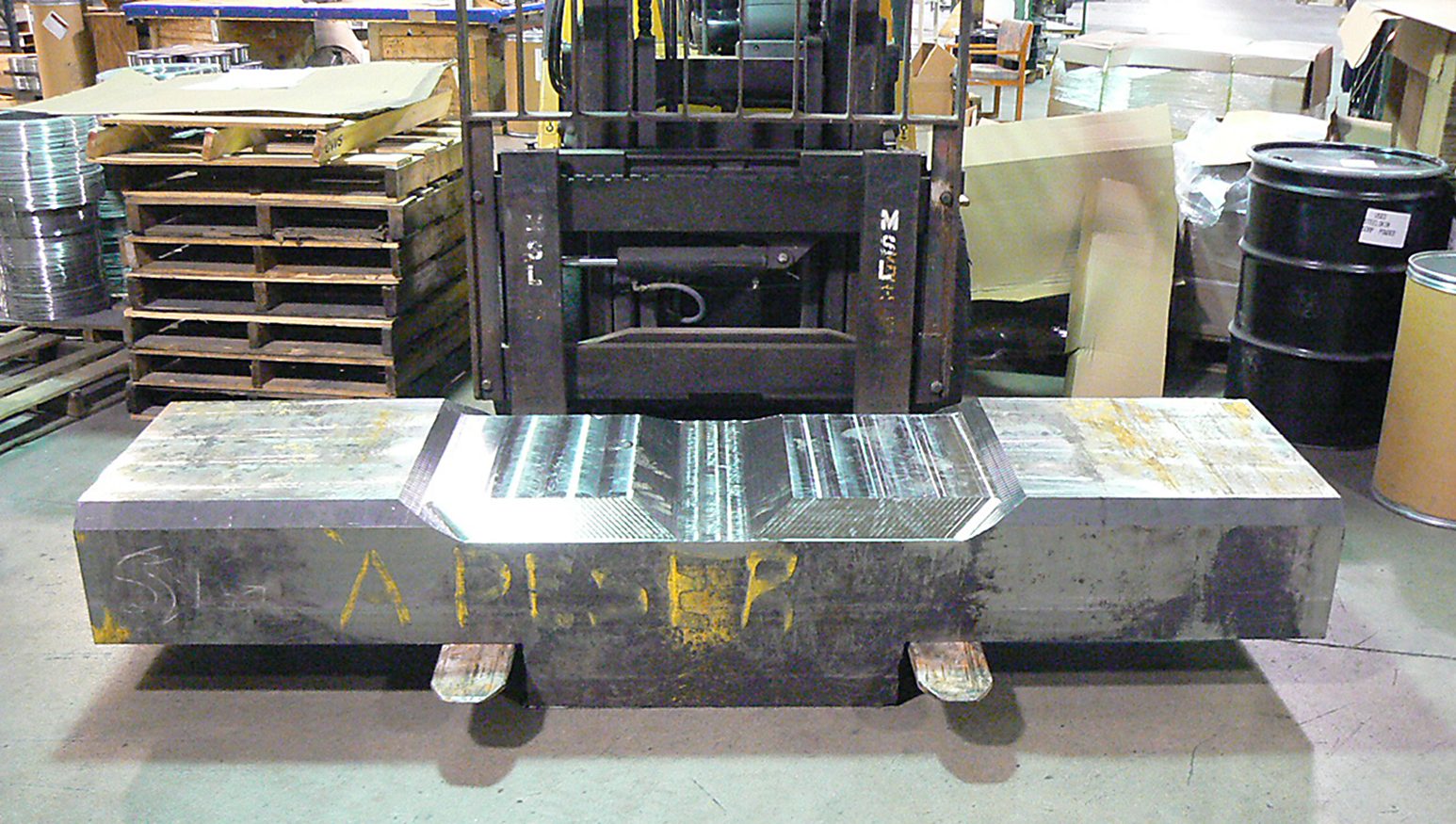
Addressing customer needs quickly
Being a small company allows COR-MET to move quickly when it comes to its customers’ needs, according to Frasso.
“One of the things that always stands out to me about COR-MET — and I use it as a sales tool — is we’re a small company, so we’re able to move quickly,” he said. “In many cases, when a customer says, ‘Hey, I need a new product, a new chemistry, or can you tweak an existing wire chemistry with alloy additions?’ We can decide to make it, manufacture it, and have it out the door before a larger company could decide whether or not they can even make it. That’s basically how we’ve operated here: Find a need, and we manufacture a product.”
“COR-MET manufactures weld wire to match your base metal chemistry,” Frasso said. “This is most often requested for proprietary chemistries and not a commercially available welding wire, electrode, or TIG rod. This may be valuable to a foundry when the casting and the welding consumable needs to heat-treat to the same, or you need a good color match. We have found special manufacture weld wire needs for stainless steel and nickel-base alloys.”
This means hitting challenges head on, according to Frasso.
“The COR-MET engineering team builds and/or re-manufactures equipment and develops new procedures to respond to any challenge,” he said. “Recently, COR-MET has developed a complete metal-to-metal wear and impact resistant iron-base metal core wire product line for robotic welding of forging dies and additive manufacturing requirements.”
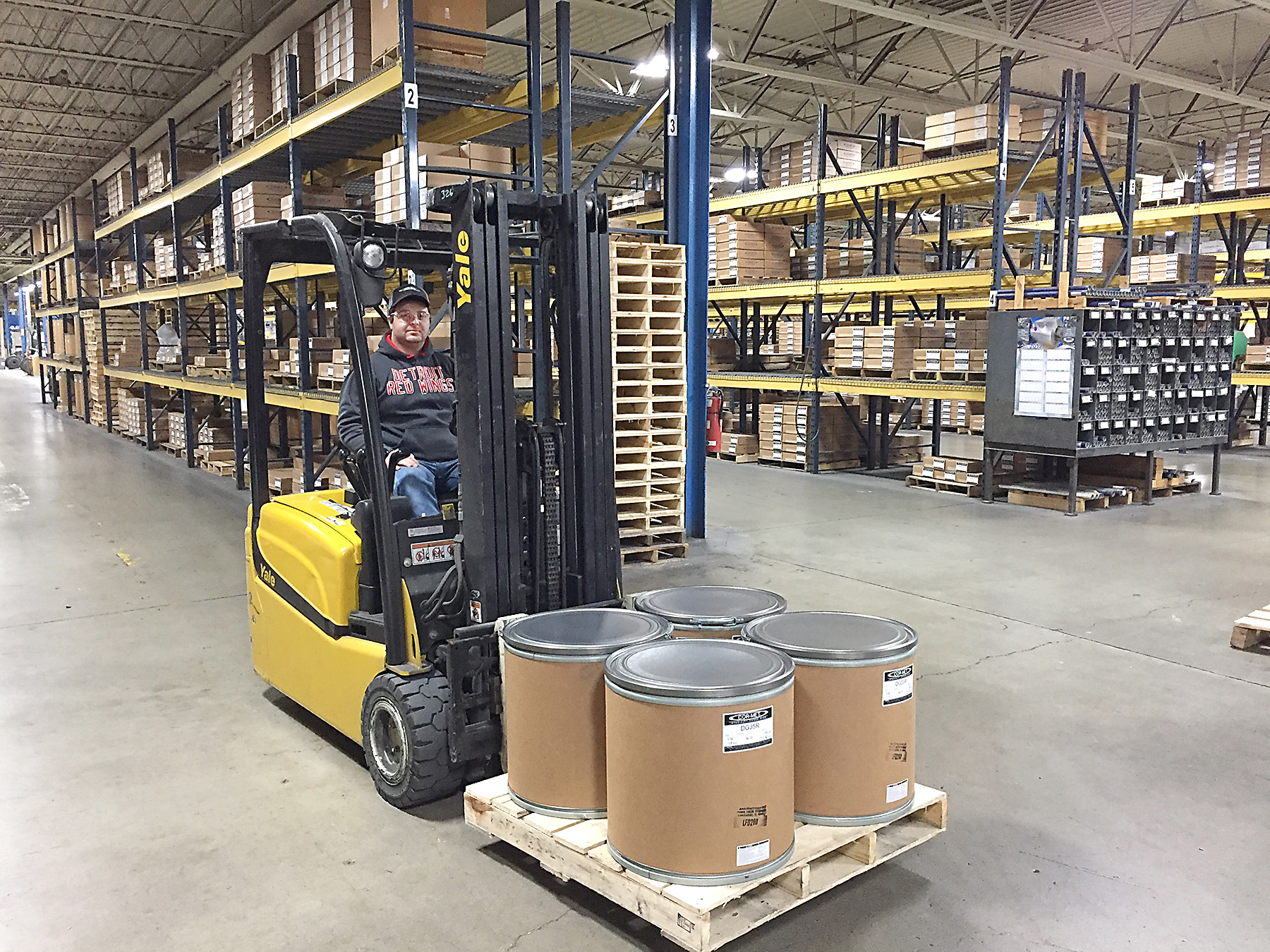
Founded in 1972
That is much of the core reason COR-MET has chosen to remain small throughout its almost 50-year history, when Peter Kiilunen started the company in 1972 manufacturing flux cored wire, according to Frasso.
“Many companies were already manufacturing mild steel flux cored wire/ fabrication wires in the 1950s,” Frasso said. “COR-MET started manufacturing high-alloy flux cored wires in stainless steel, nickel, cobalt, maintenance wires, tool steels, and alloys to be used in forge die repair in modifications of 4340, H-12, 410NiMo, and 420 grade steels, as well as hard surfacing chrome carbides and manganese cored wire.”
And today COR-MET is still manufacturing higher alloys, wires, and electrodes, including No 7018 or 71 T-1 mild steel weld wire in the company’s product mix.
Trade show offerings
At the recent FabTech 2021 tradeshow in Chicago, Illinois, COR-MET highlighted its new line of QWP Flux Coated TIG wire that is designed to eliminate the need for gas purging and backing for TIG pipe welding, according to Frasso.
“The QWP Flux Coated TIG rod forms a slag on the backside of the pipe protecting the weld from oxidation (sugaring), he said. “Other new alloys this year are B3 and B91 used in high-temperature applications. Standard alloys are 308H, 308L, 309L, 316L, 317L, 347, 16-8-2, 2209, 625, 82, plus B2, B6, and B8.”
Later this year, COR-MET is planning to exhibit at the Forge Fair 2021 in Detroit, Michigan, October 26-28, 2021.
MORE INFO www.cor-met.com




